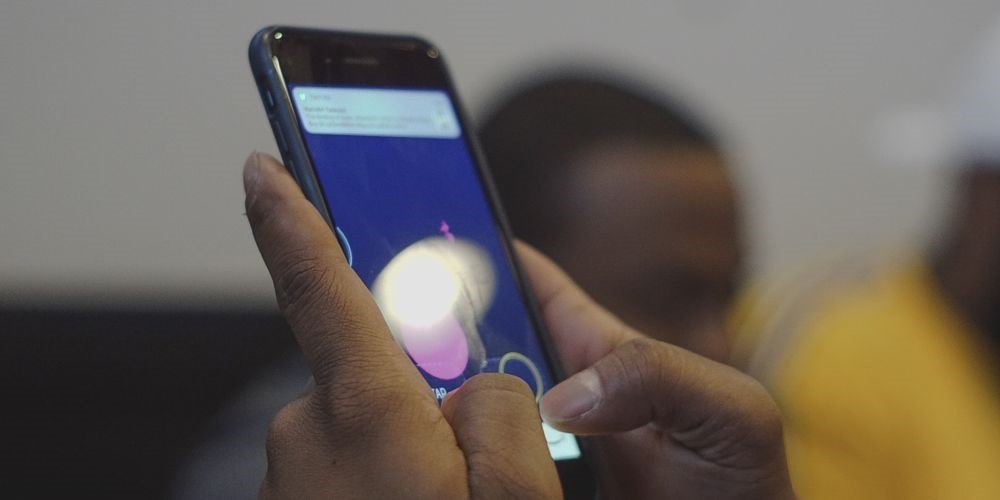
Blog
Home / Articles
How to Speed Up Your Smartphone
I've got a confession to make; I have installed a few hundreds of apps on my smartphone in the past. I have chosen some of them because they were useful, and most of them because they were free for a limited time.

Something strange happened as I was installing more and more apps, though; my phone started to slow down – a lot! Here's what you should do to regain control over your smartphone and boost its speed.
Firstly, you should uninstall all the unused apps and data. Yeah, get rid of those useless apps, "funny" photos, WhatsApp conversations, text messages, and so on. If you feel that a particular app may be needed in the future, don't worry, you should be able to find it and reinstall it from your Play Store/App Store account. And if you think that you may need to get access to your text messages sometime soon, you can safely back them up to the cloud. Don't forget to clear the "downloads" folder as well; those files will often use a lot of space.
Get rid of those cool animation effects. If you own an iPhone, you will find the option in "Accessibility", while Android phone owners need to activate "Developer mode", and then tweak the three "Animation Scale" settings.
Stop using widgets and live wallpapers. It's true that some widgets may prove to be useful, showing you the current temperature, for example, but they utilize a lot of data. And live wallpapers may look nice, but they use a lot of memory and will drain your phone's battery much faster.
Enable your device's data saver mode. The mobile Chrome browser incorporates this extremely useful option, which is labeled "lite mode". Turn it on from within Chrome's "Advanced Settings" menu, and then start browsing the web as usual. If your phone tries to access a slowly loading page, Google's servers will deliver a simplified version of the page, which uses less data, and thus loads much faster in comparison with the time that would be needed to load the full-blown page.
Close all the unused apps by swiping them away. Many people start lots of programs to keep up with their friends on social media sites, play some fun games and sometimes even do some work. In theory, all the inactive programs are frozen in the background, but some of them continue to use digital resources, slowing down our smartphones.
Don't allow too many apps to sync their data in the background; disable the auto-sync option if it's not needed. Facebook should make use of this option, for example; otherwise, you wouldn't be able to receive fresh notifications. On the other hand, mobile games, various utilities, and so on, should never be allowed to send or receive data when they aren't in use.
Restart your device. As you use your phone, its memory gets filled with unwanted data, and a restart will clear it out, prevent orphan processes from continuing to run, etc. To do this, press and hold the power button, and then choose "Restart" from the list of options.
Always keep your smartphone up to date! New updates fix serious security issues and may improve performance as well.
If you feel geeky, you can also root your phone. I don't recommend this option, though, because it may make your device vulnerable to viruses and other malware apps. Still, if you choose the dark side ;) you will be able to use custom-made ROMs, which are optimized for performance, and don't include any of the bloatware that is shipped with most smartphones these days. Additionally, custom ROMs allow you to overclock the CPU, thus helping you increase the speed of your device with up to 30%.
These are some of the most efficient ways to speed up your smartphone. And the best news is that they won't cost you a dime.